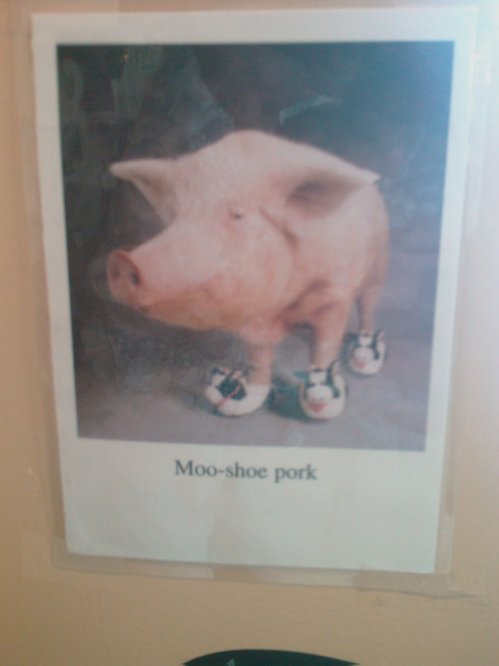One of the real dilemmas for Christians is what role or roles they should play in the public sphere in an increasingly less Christian country. And to what degree should Christians be in the business of trying to legislate their beliefs if the majority of the nation no longer supports such notions? In a book I was reading recently called An Open Door (the collected papers and sermons of Bishop Earl Hunt) I found the following sentence. “No structure of law built upon the teachings of Jesus can long endure if it is not supported by a public which has been converted to Christ and His way of life.” (p. 105). I quite agree with this, and it means that the priority for Christians is the conversion of the citizens of our country, and only secondarily any sort of political maneuvers or legislative efforts. I don’t say that we should not be involved in the latter, I am simply saying it is an exercise in futility if you are trying to legislate Christianity against the flow or majority views of the country. A good example of what happens when we try this was the era of Prohibition, which did not work. It simply increased the moonshine trade, because the demand continued to be there on the part of a large number of Americans, probably the majority, that did not believe in teetotalism.
In his important book Culture Making, Andy Crouch suggests that Christians have viewed their relationship with the ethos of the country’s culture in a variety of ways falling under the rubrics: 1) Christ against culture (a culture critique posture); 2) Christ transforms culture ( an optimism about changing things even including legislative agendas); 3) Christ along side of culture (see the Amish); and 4) Christian culture making of its own ilk. The latter is not the same as any of the first three first delineated by Neibuhr. The latter is a positive move, rather than mainly a critique of some non-Christian law or institution. Christians, says Crouch are called to build their own culture, and make it winsome enough so that it will winsome. It’s worth thinking about.
BW3


